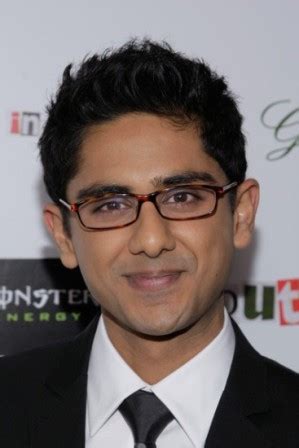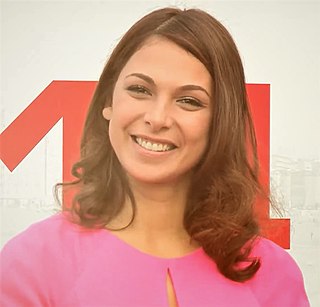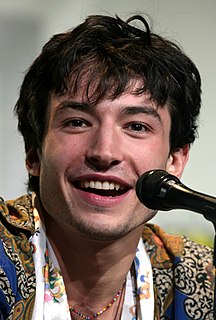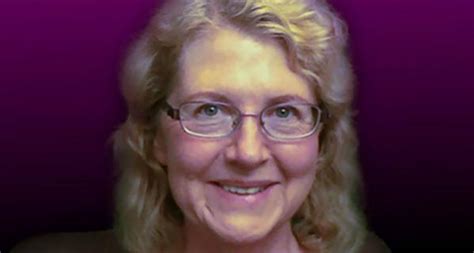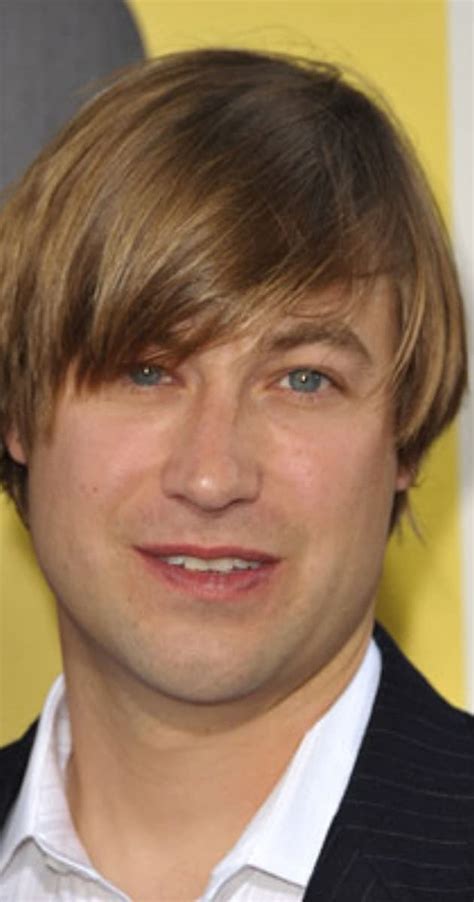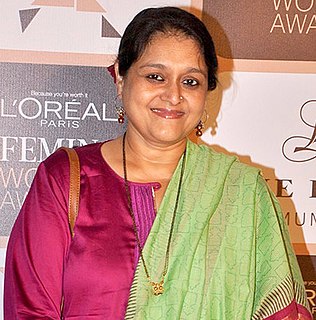A Quote by Adhir Kalyan
All of the actors that have served to me as inspiration over the years have been those more associated with dramatic work who have, in turn, been able to embody their characters and lose themselves in those characters that they create.
Quote Topics
Related Quotes
I like complex characters. I've been very, very lucky to portray, in these past three years, characters that are strong and fragile at the same time. It's those characters that I'm looking for. In the last year and half I played three different religions, and that allowed me to educate myself so much.
Very thorough in the rehearsal process but more in terms of just understanding the characters, understanding where the actors are at with discovering those characters for themselves, and just setting an overall emotional tone for the piece as opposed to necessarily getting things up on their feet or staging scenes.
I see this with experienced writers, too: They worry so much about the plot that they lose sight of the characters. They lose sight of why they are telling the story. They don't let the characters actually speak. Characters will start to dictate the story in sometimes surprising, emotional, and funny ways. If the writers are not open to those surprises, they're going to strangle the life, spark, or spirit out of their work.
For me, a lot of these actors are new. For me, I only worked with Finn Whittrock and Michael Chiklis. So a lot of these actors are people I've been a huge fan of for years and are bucket-list actors for me to get to work with. It's pretty surreal now getting to step into scenes with them.You all get to find your characters together.
The main characters for 'The Seer and the Sword' made an appearance one night and then haunted me for over five years before I began to write them down. Does that count as inspiration? For me, characters tend to show up, stay on to help with the work of writing their stories, and then occasionally deign to visit after a book is finished.
What interests Sam Mendes are characters and relationships, and he was a genius at giving you the freedom to create the type of character you want, and also to explore and have fun with your fellow actors. For him, characters and relationships are really the heartbeat of the film, and then the action is the backdrop. By developing the characters, he makes you care that much more about the action and going on a journey with the characters.
All my work is partly biographical. I mean, 'Crash' was absolutely that, absolutely. But you just wouldn't recognize me in most of those characters. But I was in every single one of those characters in 'Crash,' because those were all fears that I had felt. Things that I had thought in my deepest, darkest heart.
I've always been interested in queerness and underground and fringe and periphery, and who and what flourishes in those spaces. Those spaces that are darker and dingier and more dangerous, more lonely. What comes out of there, to me, is the life force. I'm excited when the center reaches over to those places and pulls inspiration from them, and translates it for a lot of people.
When writers are self-conscious about themselves as writers they often keep a great distance from their characters, sounding as if they were writing encyclopedia entries instead of stories. Their hesitancy about physical and psychological intimacy can be a barrier to vital fiction. Conversely, a narration that makes readers hear the characters' heavy breathing and smell their emotional anguish diminishes distance. Readers feel so close to the characters that, for those magical moments, they become those characters.
I have always liked kind of outsider characters. In the movies I grew up liking, you had more complicated characters. I don't mean that in a way that makes us better or anything. I just seem to like characters who don't really fit into. You always hear that from the studio: "You have to be able to root for them, they have to be likeable, and the audience has to be able to see themselves in the characters." I feel that's not necessarily true. As long as the character has some type of goal or outlook on the world, or perspective, you can follow that story.
